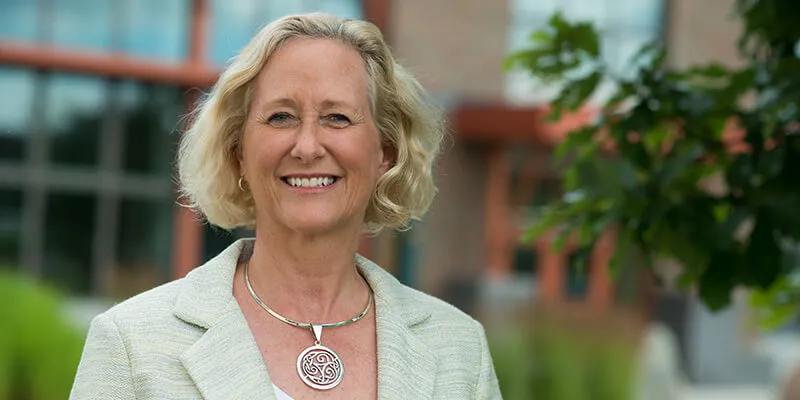Our Rubenstein School Community has taken great pride for many years in our work to create a close-knit community, one that brings students, staff, and faculty together, bonded by the belief that we can and must do more to understand and protect the environment. Underpinning nearly all that we do is an unwavering commitment to environmental justice and the belief that multiple and diverse perspectives lead to more effective problem solving and decision making.
Even before the Rubenstein School got its name, we took the goal of enhancing diversity seriously. In 1988, we established the “Diversity Task Force” and, with support from the USDA, we began an effort to reach out to high schools to promote multicultural scholarships. In the early 1990s, we developed two key undergraduate courses: NR 6 Race and Culture in Natural Resources and NR 207 Power, Privilege and Environment. In 1996, Rubenstein School faculty and staff formally endorsed our first Diversity Plan. And, in 2017, in collaboration with the UVM President's Commission on Inclusive Excellence, the School began work on an Inclusive Excellence Action Plan, based on a diversity assessment, to address inclusivity within academics, community, environment, and operations in the School.
In spite of these long-term initiatives, in February, it became apparent that these efforts were not enough to overcome the growing sentiments of many of our students who experience oppression on our campus and in the broader field of natural resource sciences and management.
Triggered by a racial bias incident at UVM, Rubenstein School students took a leadership role in bringing to the forefront continued concerns about diversity, equity, and inclusivity both on campus and in our School. It is clearer than ever that students are deeply hurt by the incident on campus and, to some, the lack of a welcoming community in the School. I have listened and heard their stories, and I share their concerns.
Although I am proud of the Rubenstein School’s long history of embracing inclusivity and diversity, I recognize that we still have a long way to go. Our goal is to have an authentic community – a community where difference is respected and celebrated, rather than buried or avoided. This type of engagement requires students and faculty to feel safe. It requires us to welcome multiple perspectives and to embrace our differences. It is my hope and intention to achieve this goal and to create a welcoming and empowered climate in the School, one where every person feels valued, heard, and included.
In March, at my request, Rubenstein School Faculty endorsed several immediate actions to address our students’ concerns. These include:
- Take a fresh look at our first-year course, Race and Culture in Natural Resources, for implementation in Fall 2018, and better train the faculty who teach this course.
- Implement the recommendations of the Rubenstein School Equity Assessment that will be completed June 2018.
- Appoint a team of deans, faculty, staff, and students to lead diversity and inclusion efforts.
- Include a new metric of “demonstrated evidence of efforts to advance diverse perspectives and inclusion” in scholarship, instruction, or engagement for all faculty.
- Reiterate the expectation that all Rubenstein School faculty and staff participate in the school-wide diversity and inclusion professional development series.
- Review and act on a proposal to include inclusivity, diversity, and equity in all promotion and tenure reviews.
The faculty and staff of the Rubenstein School recognize that environmental and natural resource problems are thoroughly intertwined with issues of equity and social justice. Consequently, we reaffirm our commitment to our 1996 diversity plan mission statement:
The environmental and natural resource disciplines and professions have been conspicuously underrepresented by both individuals and perspectives that reflect all peoples of the nation and the world. We recognize that enhancing diversity in our School, University, and professions entails much more than simply recruiting people of color. As we strive to create an inclusive, equitable, and truly pluralistic perspective for natural resources, we must be willing to change what we teach and how we teach, incorporating diverse ideas and values into our curriculum.
I will end by expressing my appreciation to those students who courageously stepped forward to express themselves through the NoNames for Justice and the Black Lives Matter activist movements. Their voices are powerful. For the students who have not been involved, we will continue to offer opportunities for learning and solidarity. The Rubenstein School values and recognizes diversity in all of its forms. The School’s leadership team, faculty, and staff look forward to continuing the conversations and working together to co-create our community to ensure that it is one where we all flourish and thrive.
In Solidarity, Compassion and Relationship,
Nancy E. Mathews, Dean
Rubenstein School of Environment and Natural Resources
